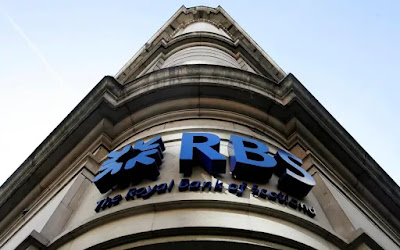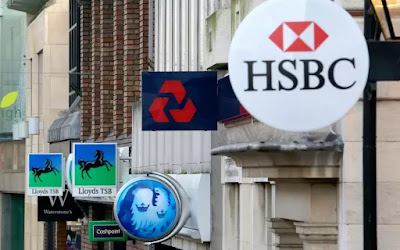Trust and the Banking Sector: RBS and Lloyds Make the Headlines Again

In Financial Regulation Matters we have covered the story of the disgraced GRG unit within RBS from the moment that the scandal was publicised, and recently that case has taken a particularly disappointing turn. In other news from the Banking sector, Lloyds have been forced to set aside even more money to cover PPI claims made against them, bring the prospective to total to more than £19 billion. In this post, we will assess these stories and examine what they may mean for the continuing lack of trust that the public have in the Banking sector. Starting with RBS, the bank have been in the midst of a number of legal claims regarding the conduct of its infamous GRG unit, which was set up to ‘help’ Small and Medium Enterprises (SMEs). Last month the bank managed to fend off a claim from a Real Estate group regarding the mis-selling of interest rate swaps and manipulated interest rate benchmarks, and a couple of days ago managed to fend off a claim in the High Court from an SME



